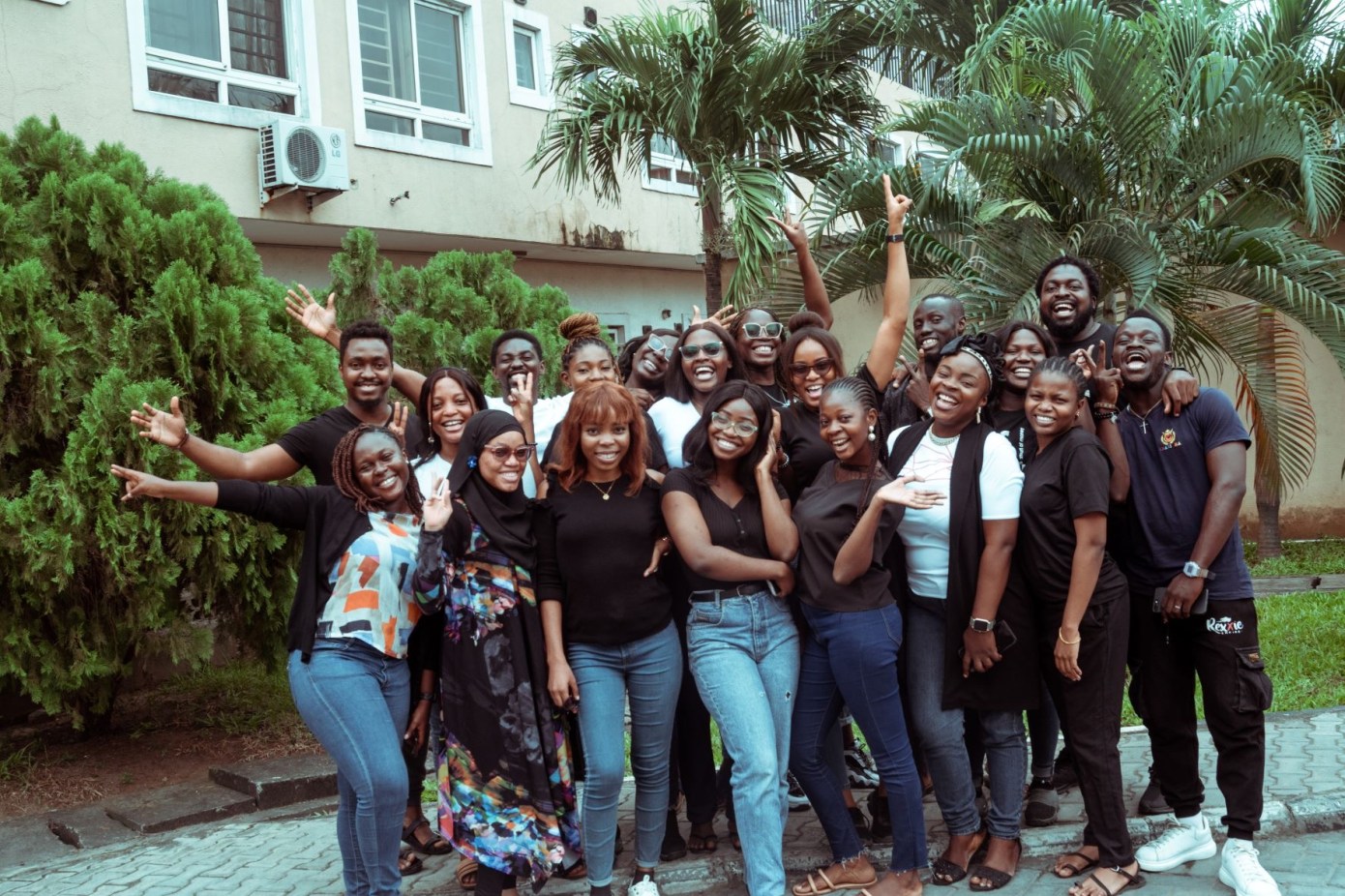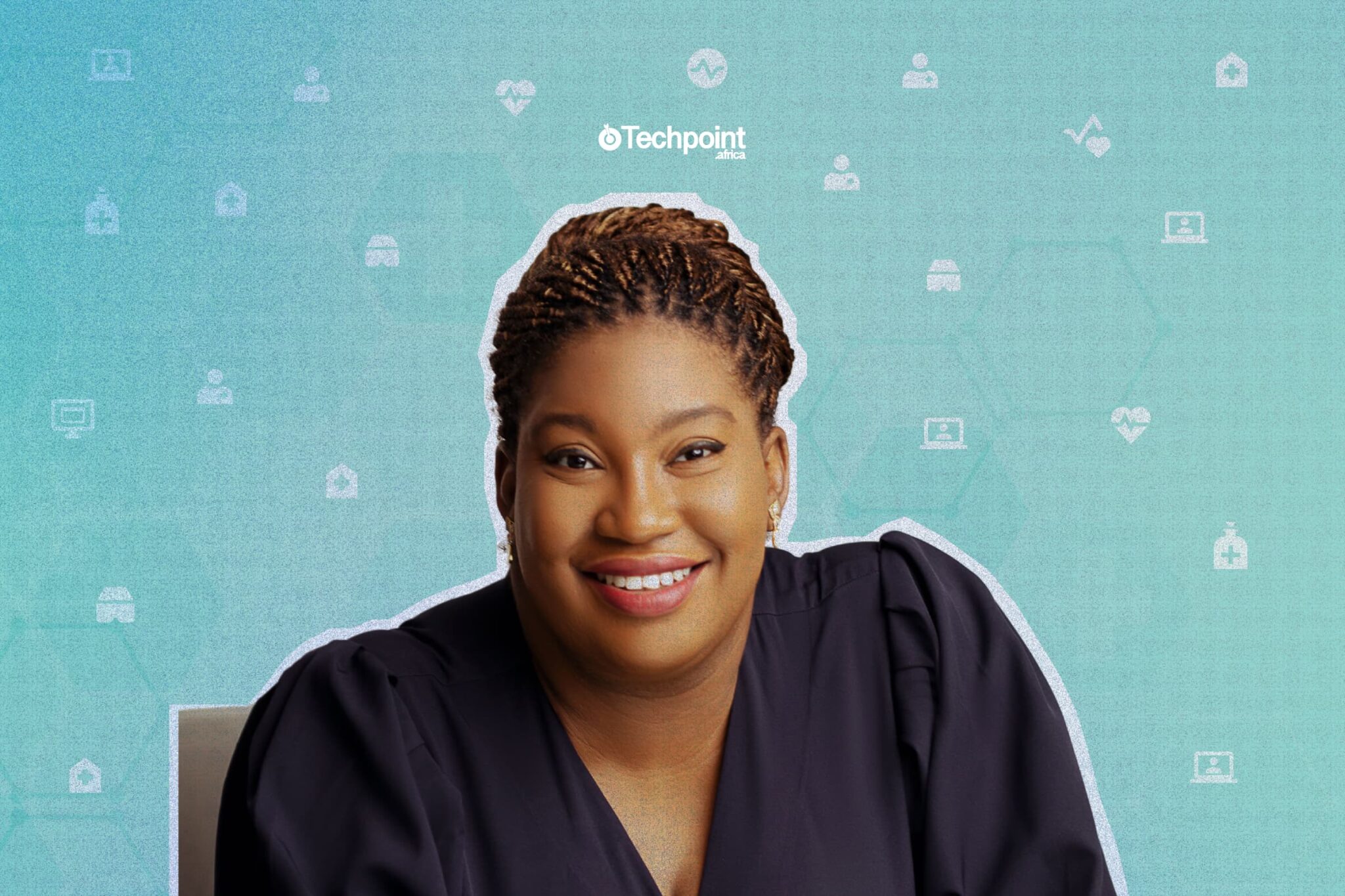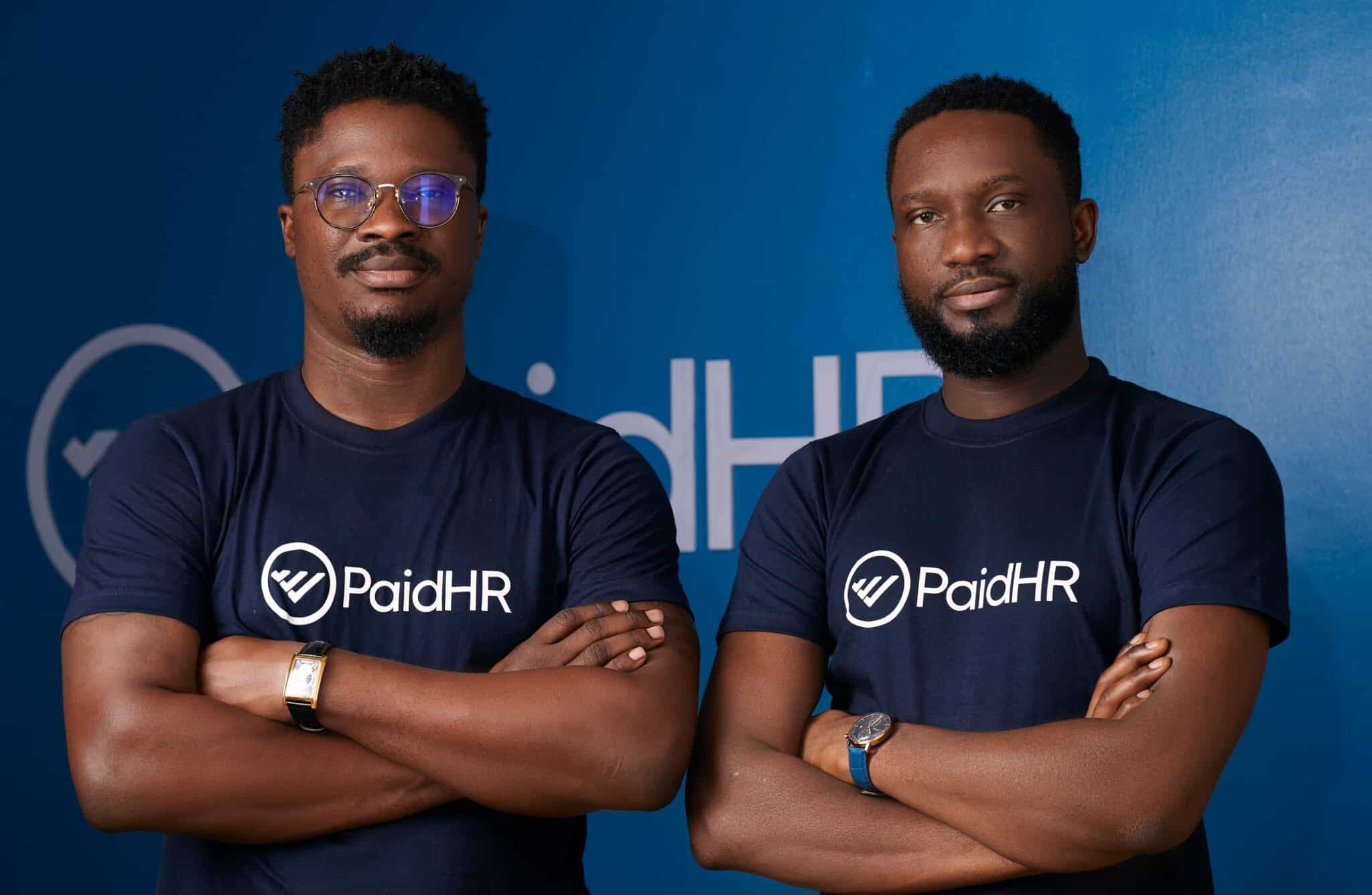According to the 2023 Global Liveability Index (PDF), Lagos is the fourth worst city to live in globally. The Index, which ranks cities using indices such as healthcare, stability, culture & environment, education, and infrastructure, sees Lagos rank above Algiers, Tripoli, and Damascus.
A perfect scenario that captures the stress of living in Lagos is how much time residents of the city spend in traffic — an average of 30 hours weekly, according to a 2018 report.
Challenges like this drove former Andela employees, Nadayar Enegesi, Prosper Otemuyiwa, and Silm Momoh to start Eden Life in 2019.
“Prior to Andela, I had never lived in Lagos, so moving to Lagos, as you can imagine, was a culture shock for me,” Enegesi told Techpoint Africa. “At the time I started thinking about this idea, I had lived in Lagos for about four years and had spent a good deal of time in other African cities building Andela and expanding our operations.”
Frustrated by dealing with subpar services, he began talking about it with friends and discovered he was not alone. That soon evolved into discussions about building a city that worked efficiently.
“Our original idea was to create a utopia like the Garden of Eden where everything worked seamlessly and people could just focus on living their lives the way they wanted to live it. So the motivation for starting this company is a strong personal desire to make life 10 times better than it is today.”
It goes without saying, but building a city from the ground up is quite the task, with huge amounts of money required and lots of regulatory hurdles to scale. So the founders decided to start with the next best thing: providing services that could ease the stress of living in Lagos.
Their first act was a concierge service, allowing customers to subscribe to a monthly meal plan, cleaning, and laundry service. To validate the idea, the trio took and routed orders using an Excel sheet. They’ve taken some impressive steps on the road to building Eden.
In 2021, they raised $1.2 million from LocalGlobe, Samurai Incubate, Future Africa, Enza Capital, Village Global, and Rising Tide Africa. The next year, they completed the acquisition of Kenyan startup, Lynk, to drive its East African expansion plans. But beyond these splashy stories, how has the startup fared in the face of record inflation and increasing relocation?
Expanding to Kenya and building the operating system for life
Many would argue that a Kenyan expansion came too soon for Eden Life, seeing as it was still getting a hang of the Nigerian market, but Enegesi maintains that it has enabled the startup to validate demand for its services in other markets.
“The roadmap to becoming the operating system for life in Africa means that we have to validate our idea in different African markets. The usual suspects are Nigeria, Kenya, South Africa, Egypt, and then after that, it’s like Ghana and a few others. We saw the opportunity with Lynk, and we immediately jumped on it because we believe that it will give us the opportunity to start validating our idea in that market, and it has done exactly that.”
While he declined to share specifics of its growth since entering Kenya, he says its Kenyan arm has grown faster than the Lagos business and attributes it to not needing to build structures afresh. He adds that the startup has been able to transmit lessons from Kenya to Nigeria. One example is Homemade by Eden Life, which provides meals for users without a subscription.
Enegesi explains that the decision to launch Homemade came after seeing many of its Kenyan users request affordable plans. Shortly after its launch, the startup decided to do a flash sale in August 2023, with all meals going for ₦1,000. The response was overwhelming.
“We didn’t know that people were that interested in our brand until that happened. When we did that flash sale, we were expecting about 400 orders. We ended up getting like 2,900 orders. Our systems completely crashed. It was insane.”
When Eden Life launched in 2019, its target market was young, upwardly mobile individuals. The working theory was that this group would be willing to pay for a more expensive service, but a lot has happened since then. Recent data from the National Bureau of Statistics states that Nigeria’s inflation hit an 18-year high of 25.80% in August 2023. There was also the 2020 End SARS protest that forced many Nigerian youths to begin relocation plans. According to Enegesi, relocation was a major reason for customer churn at the company for a while and contributed to its decision to look towards the mass market.
“The good news for us is that regardless of whatever macroeconomic condition presents itself, people are always going to eat. People who live in homes will always have to take care of their homes. And so I think regardless of what happens with the economy, Eden Life is positioned to be one of those timeless companies because our long-term goal is to be the operating system for life.”
Building a VC-backed business and opportunities for Eden Life
The average Nigerian household spends 59% of its income on food and non-alcoholic beverages, Premium Times reported in August 2023 based on data from Picodi. In 2019, the National Bureau of Statistics reported that Nigerians spent ₦4.5 trillion ($12.5 billion) eating out.
Since 2022, Y Combinator has backed five Nigerian food tech startups, including Chowdeck, FoodCourt, and Heyfood. Some of these startups have also reported impressive revenue in just a short time, but the long-term viability of food tech startups is often called into question.
For Enegesi, the fact that there are food tech companies already making over $100 million in revenue is proof that food tech startups could deliver attractive returns to venture capitalists. He adds that Eden Life could become profitable within 12 months.
While much of its focus has been on food and laundry services, Enegesi disclosed that the startup will be expanding its offerings in the coming months.
“What you’re likely going to see in the next six months is an Eden Life platform that is now open to different business owners in different verticals to make their products more accessible to our customer base. It could be groceries, supermarkets, medicine, health checkups, entertainment, travel, lifestyle, all of these things.”










